Deep Ecology: Journals & Articles
Further resources, if available, can be found in our full bibliography.

This issue of the journal Worldviews focuses particularly on the theme of “Deep Ecology” and features articles by Nina Witoszek, Martin Lee Mueller, Freya Mathews, J. Baird Callicott, Arne Johan Vetlesen, Eduardo Gudynas, Alicia Irene Bugallo Finnemann, and Andreas Weber.
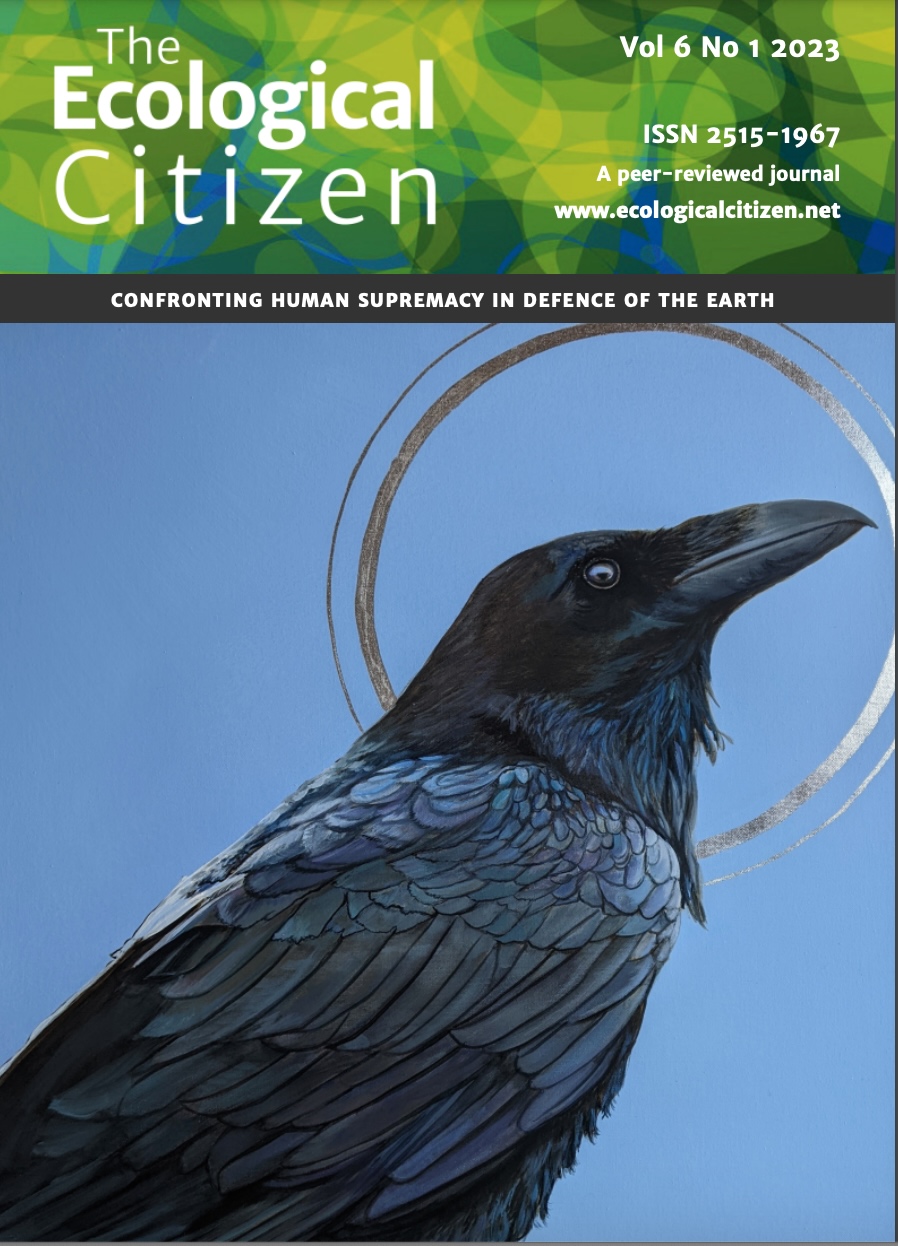
The Ecological Citizen
2017-Present
The Ecological Citizen is an independent, free-to-access, peer-reviewed, ecocentric journal. Broadly speaking, the publication covers ecocentrism and biocentrism, ecocentric and biocentric thinking, dark green ethics, deep ecology, conservation, wildlands, rewilding, Earth jurisprudence, Earth-centred law, and the Rights of Nature and Mother Earth. Topics explored in depth include: achieving large-scale protection, restoration and rewilding of air, land and water; rejecting the anthropocentric construction of nature as resources; designing and implementing steady-state economies; reassessing the connections between cultures and bioregions; superseding the paradigm of consumerism; stabilizing and then lowering the global population; increasing the sustainability of urban living; and rethinking food production.
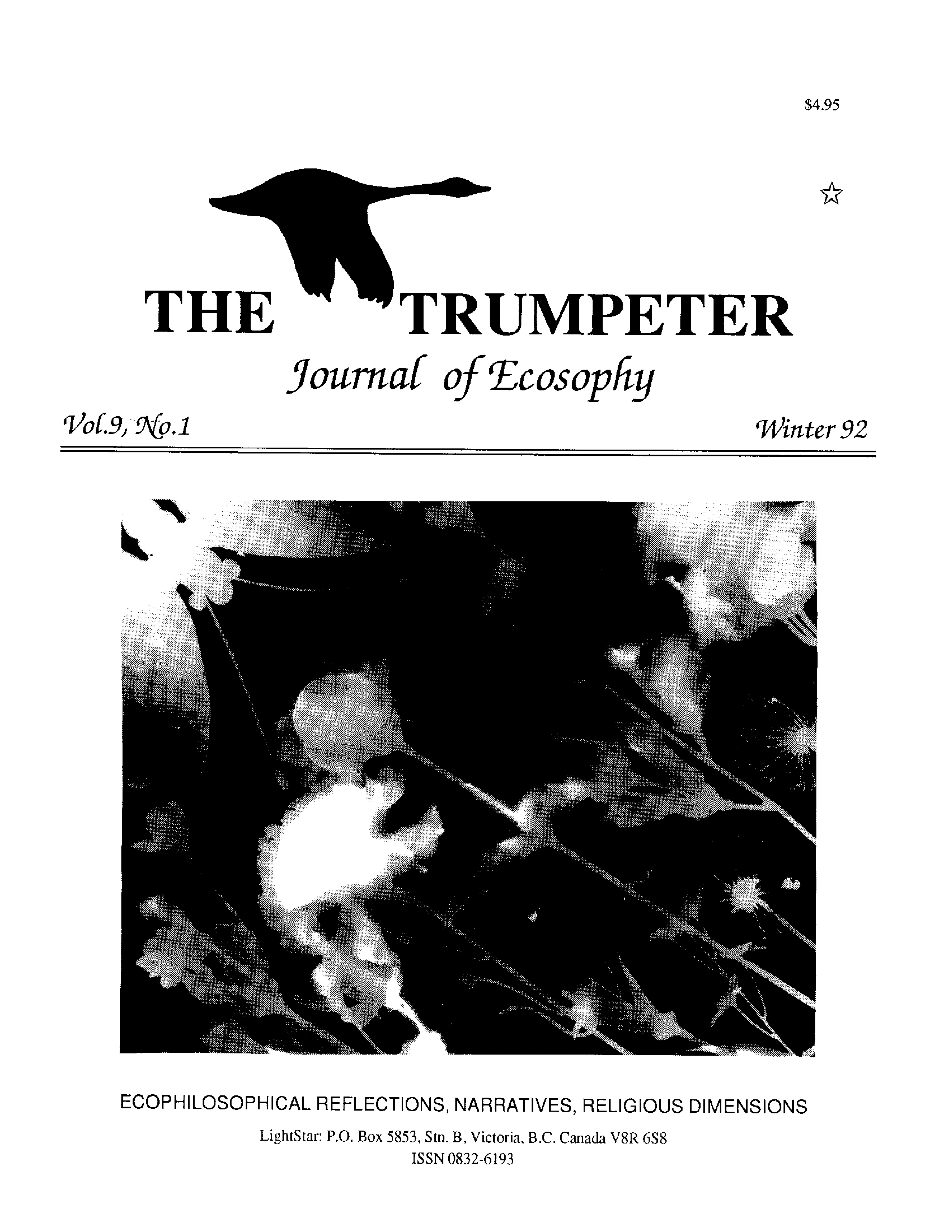
The Trumpeter: Journal of Ecosophy
1983-Present
The Trumpeter is an environmental humanities journal dedicated to the development of an ecosophy, or wisdom born of ecological understanding and insight. As such, it serves the deep ecology movement's commitment to critically explore and analyze environmental concerns in light of ecological developments at every relevant level: metaphysics, science, history, politics. Gaining a deeper understanding involves a comprehensive set of criteria that includes analytical rigour, spiritual insight, ethical integrity, and aesthetic appreciation.
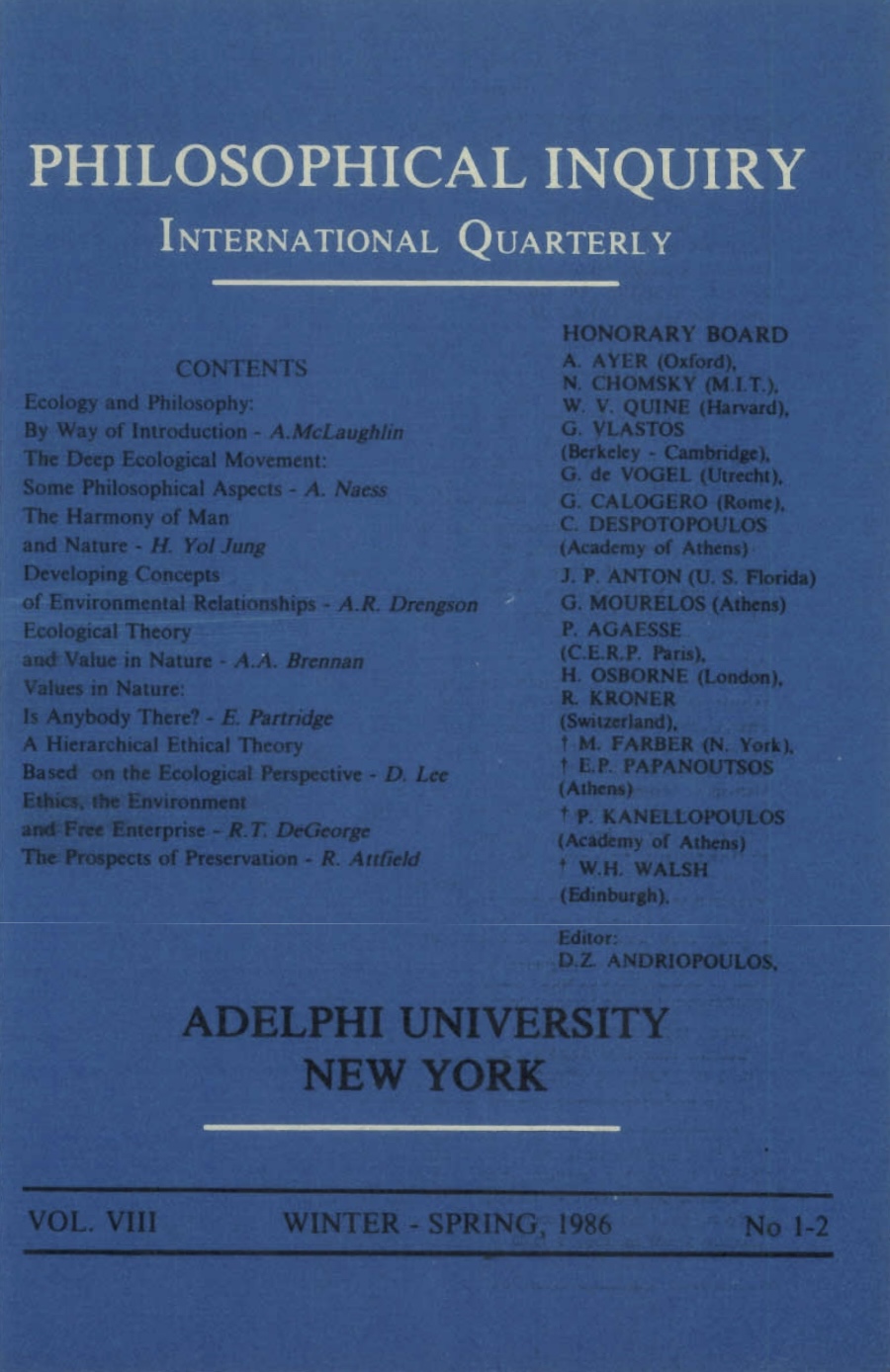
"The Basic Principles of Deep Ecology"
Arne Naess and George Sessions
Arne Naess and George Sessions formulated these basic principles in April 1984, while camping in Death Valley, California. They originally appeared in Sessions’ newsletter and have been reprinted elsewhere as well. This source represents one such reprinting, accessible online. See also: Stan Rowe’s “Ecocentric Reworking of Deep Ecology Platform.”
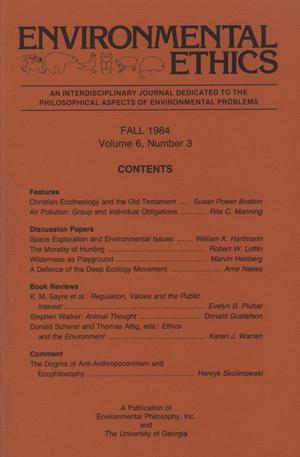
There is an international deep ecology social movement with key terms, slogans, and rhetorical use of language comparable to what one finds in other activist “alternative” movements today. Some supporters of the movement partake in academic philosophy and have developed or at least suggested philosophies, “ecosophies,” inspired by the movement. Naess argues that R. A. Watson does not distinguish sufficiently between the movement and the philosophical expressions with academic pretensions. As a result, argues Naess, Watson falsely concludes that deep ecology implies setting man apart from nature–a kind of “anthropocentrism” in his terminology: humans and only humans have no right to interfere with natural processes. What the deep ecology movement insists on is rather that life on Earth has intrinsic value and that human behavior should and must change drastically-and soon.

"The Shallow and the Deep, Long-Range Ecology Movement: A Summary"
Arne Naess
In this seminal paper, Arne Naess introduces the philosophy of “deep ecology.”
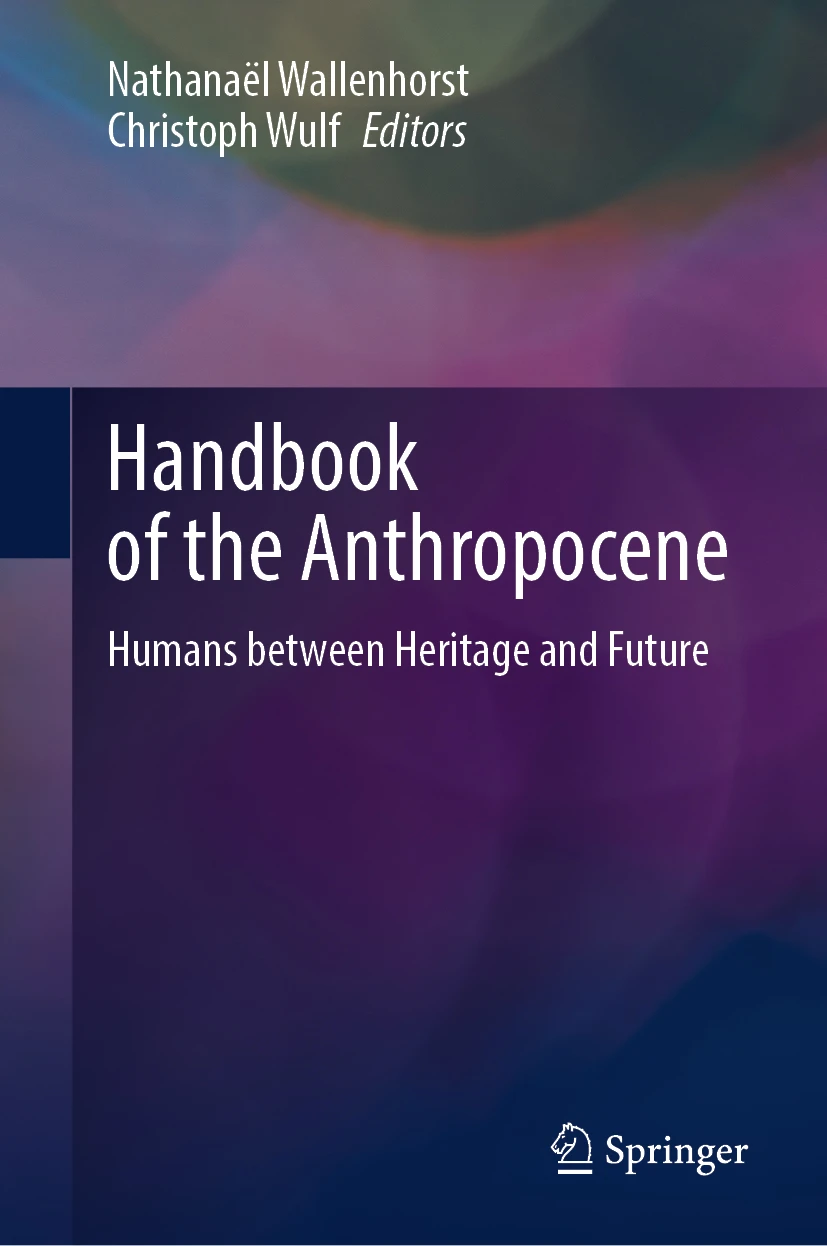
The article presents the philosophical essence of the Deep Ecology movement, as expounded by Arne Naess and his followers. The article begins with the general idea of deep ecology. Following the structure of the “apron” model, it moves from ecosophies, to platform principles, to politics. It sums up with an outline of the development of deep ecology after Naess.

"Deep Ecology, the Radical Enlightenment, and Ecological Civilization"
Arran Gare
This comprehensive article by Arran Gare situates Deep Ecology within the history of philosophy. In particular, he traces the lineage of the Radical Enlightenment, as its proponents struggled for liberty and democracy in opposition to the Moderate Enlightenment thinkers and their neoliberal descendents. Gare concludes with a call towards the articulation of a utopian vision to inspire the public towards an Ecological Civilization.
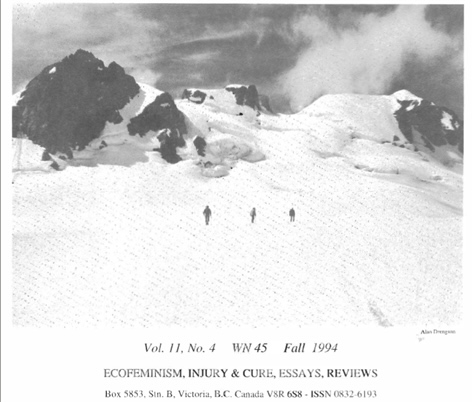
Two philosophies of Nature, deep ecology and ecofeminism, offer alternative accounts of human relationships with the natural world. Deep ecology tends to take a basically holistic view of Nature–its image of the natural world is that of a field-like whole of which humans and other ‘individuals’ are parts. Ecofeminists, in contrast, tend to portray the natural world as a community of beings, related, in the manner of a family, but nevertheless distinct. Although the tension between these two theories cannot be resolved by merely cutting and pasting them together, a dialectical reconciliation of their respective views of Nature can be achieved, though this may result in an irreducibly ambivalent ecological ethic. Such ambivalence may in fact be precisely what an adequate understanding of the ecological structure of reality requires.
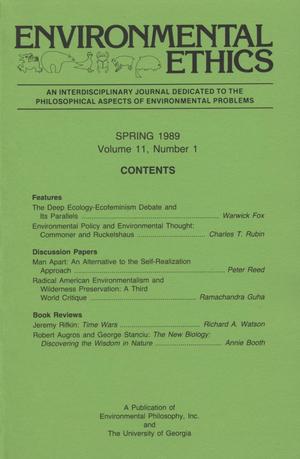
"Radical American Environmentalism and Wilderness Preservation: A Third World Critique"
Ramachandra Guha
Guha presents a Majority World critique of the trend in American environmentalism known as deep ecology, analyzing each of deep ecology’s central tenets: the distinction between anthropocentrism and biocentrism, the focus on wilderness preservation, the invocation of Eastern traditions, and the belief that it represents the most radical trend within environmentalism. The anthropocentrism/biocentrism distinction is of little use in understanding the dynamics of environmental degradation, that the implementation of the wilderness agenda is causing serious deprivation in the Majority World, that the deep ecologist’s interpretation of Eastern traditions is highly selective, and that in other cultural contexts (e.g., West Germany and India) radical environmentalism manifests itself quite differently, with a far greater emphasis on equity and the integration of ecological concerns with livelihood and work. Despite its claims to universality, deep ecology is firmly rooted in American environmental and cultural history and is inappropriate when applied to the Majority World.

"The Deep Ecological Movement: Some Philosophical Aspects"
Arne Naess
In this seminal 1986 article, Norwegian philosopher Arne Naess outlines the core principles of deep ecology, calling for a shift from human-centered to Earth-centered thinking. He contrasts “shallow ecology,” focused on pollution and resource use, with “deep ecology,” which affirms the intrinsic value of all life. Naess presents eight principles that advocate for ecological diversity, systemic change, and self-realization through identification with nature. This article became a foundational text in environmental philosophy and influenced the evolution of ecocentric ethics, environmental activism, and debates about the role of human beings within the broader natural world.
Photo Credit: Luis del Río/Pexels